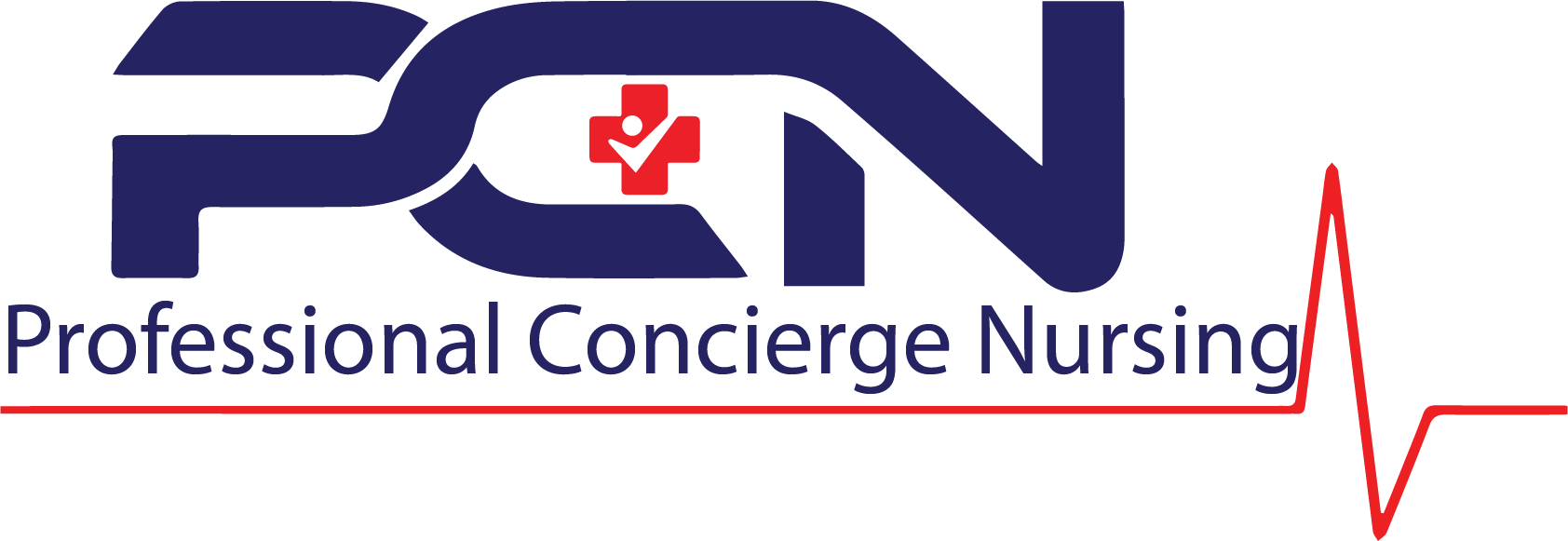Zinc, after iron, is the second most abundant trace element in the human body. Zinc plays a role in the regulation of the immune system. As an essential element, zinc is not synthesized by the human body, but must be ingested through food or mineral supplements. Some of the common food sources of zinc include beef, poultry, seafood, and grains, among others. I must admit, I had not considered the effects of zinc deficiency.
A zinc deficiency can result in a variety of illnesses and medical disorders. Some of the clinical manifestations include, but are not limited to, the following:
- Hair and weight loss.
- Delayed wound healing and skin lesions such as oral lichen planus, pemphigus vulgaris, among others.
- Decreased taste sensation and loss of appetite.
- Increased susceptibility to infections
- Exacerbation of hypertension as well as other cardiovascular diseases.
- Delayed puberty and growth retardation in adolescents.
- Osteoporosis as well as other abnormalities in bone mineralization
- Decreased folate absorption which may result in macrocytic megaloblastic anemia.
- Mental lethargy and mood disorders.
Professional Concierge Nursing offers an immune booster infusion that includes vitamin C, B-complex vitamins, magnesium, calcium, and zinc. If you’re unable to get nutrient infusions, speak with your provider about zinc supplementation.



